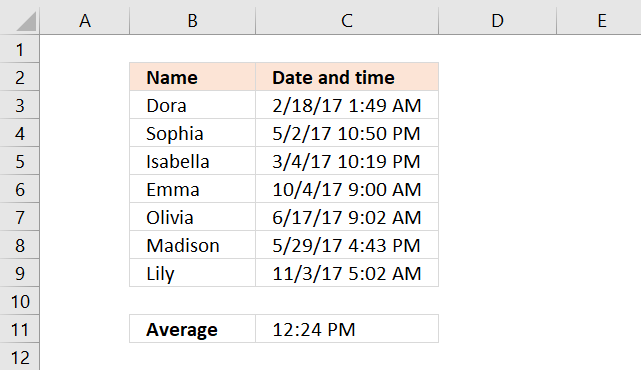
If the search ends with the remaining half being empty, the target is not in the array.īinary search runs in logarithmic time in the worst case, making O ( log n ). If they are not equal, the half in which the target cannot lie is eliminated and the search continues on the remaining half, again taking the middle element to compare to the target value, and repeating this until the target value is found. Binary search compares the target value to the middle element of the array. In computer science, binary search, also known as half-interval search, logarithmic search, or binary chop, is a search algorithm that finds the position of a target value within a sorted array. Enjoy.Visualization of the binary search algorithm where 7 is the target value With this, you have the complete idea of Linear Search and the analysis involving it. Number of comparisons in Average Case: N/2 + N/(N+1) Worst Case Time Complexity of Linear Search: O(N) Conclusionīest Case Time Complexity of Linear Search: O(1)Īverage Case Time Complexity of Linear Search: O(N) Therefore, Space Complexity of Linear Search is O(1). A variable storing the element to be searched.Īs the amount of extra data in Linear Search is fixed, the Space Complexity is O(1).In Linear Search function, we can avoid using this boolean variable as well and return true or false directly. This variable can be used in other processes or returned by the function. The variable is initialized to false and if the element is found, the variable is set to true. In Linear Search, we are creating a boolean variable to store if the element to be searched is present or not. Number of Comparisons in Worst Case: N Analysis of Space Complexity of Linear Search Hence, the Worst Case Time Complexity of Linear Search is O(N). In both cases, the maximum number of comparisons take place in Linear Search which is equal to N comparisons.



* Input: an integer array with size in index 0, the element to be searched Thus, on average, successful sequential searches of an N item list require N comparisons. This algorithm is used to check if an element is present in a list.įollowing is the implementation of Linear Search in C: #include In short, Linear Search Algorithm is an algorithm which checks all elements in a given list sequentially and compares with element with a given element which is the element being searched. Questions/ MCQ on Linear Search Algorithm.To get a better understanding of Linear Search, go through these articles: Space Complexity of Linear Search: O(1).Worst Case Time Complexity of Linear Search: O(N).Average Case Time Complexity of Linear Search: O(N).Best Case Time Complexity of Linear Search: O(1).Analysis of Space Complexity of Linear Search.Analysis of Worst Case Time Complexity of Linear Search.Analysis of Average Case Time Complexity of Linear Search.hypothesis that the mean bias matters in a sequential search task. Analysis of Best Case Time Complexity of Linear Search average search length in the corresponding condition in Study 1.We have presented the exact number of comparisons in Linear Search and Time Complexity in Big-O notation. In this article, we have presented the Mathematical Analysis of Time and Space Complexity of Linear Search for different cases such as Worst Case, Average Case and Best Case.


 0 kommentar(er)
0 kommentar(er)
